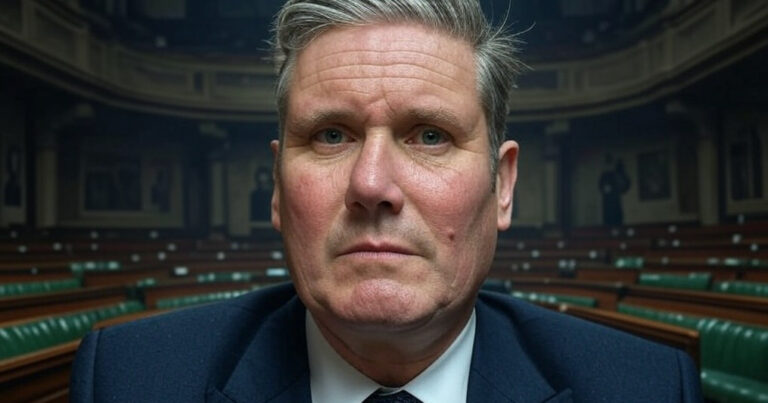
In a staggering display of eco-zealotry, the Labour government is set to burden British consumers with a so-called ‘grocery tax’ that could inflate annual shopping bills by a whopping £1.4 billion. This ill-conceived scheme, masquerading as an environmental initiative, is poised to add up to £56 to the average household’s yearly expenses, all in the name of achieving Net Zero.
The crux of this financial assault lies in a green levy stealthily imposed on businesses to manage packaging waste. While the government touts this as a stride towards sustainability, the reality is that these costs will inevitably trickle down to consumers, hitting them where it hurts—in their wallets.
Critics have lambasted the government for implementing this levy without adequate consultation, accusing ministers of ‘quietly’ pushing through measures that will have a direct impact on the cost of living. The British Retail Consortium has warned that this move could exacerbate the financial strain on families already grappling with rising expenses.
This isn’t the first time Labour’s green ambitions have come under fire. Energy Secretary Ed Miliband’s grandiose plan to transform Britain into a ‘clean-energy superpower’ by 2030 has been met with fierce criticism. Experts argue that such an aggressive push towards renewable energy could lead to higher energy bills, job losses, and even blackouts, as the current infrastructure is ill-equipped to handle the transition.
Moreover, the government’s insistence on funding these green projects through levies on consumers has been described as regressive and unfair. The Institute for Fiscal Studies has highlighted that green levies on UK electricity bills are set to climb by more than a fifth, further squeezing household budgets.
In the face of a cost-of-living crisis, one would expect the government to seek ways to alleviate financial pressures on citizens. Instead, Labour’s relentless pursuit of its green agenda appears to be taking precedence over the economic well-being of the British people.
It’s high time for the government to reconsider its approach. Policies should not come at the expense of hardworking families. A more balanced strategy is needed—one that harmonizes ecological goals with economic realities, rather than imposing punitive costs on consumers already stretched thin.
In conclusion, Labour’s latest ‘grocery tax’ is yet another example of a government out of touch with the everyday struggles of its citizens. As the green levies continue to mount, so too does public frustration. The question remains: how much more are British consumers expected to endure in the name of Net Zero?






